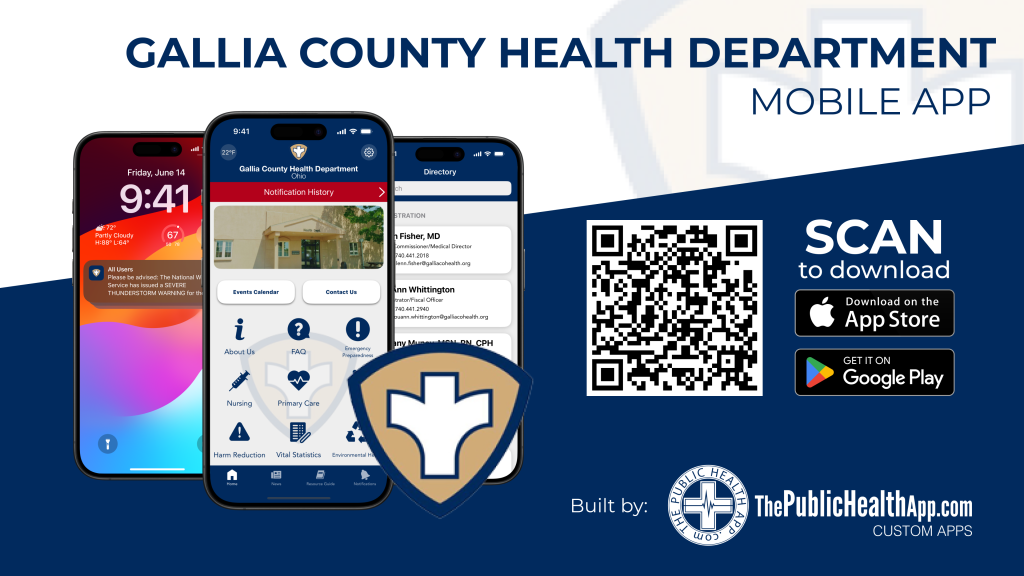Ohio WIC celebrates Breastfeeding Awareness Month (BAM) every August. The theme for Breastfeeding
Awareness Month 2022 is, “Step Up For Breastfeeding: Educate and Support”.
This theme focuses on how breastfeeding contributes to the survival, health, and well-being of all, and the imperative to protect breastfeeding worldwide. The Ohio Department of Health, along with the American Academy of Pediatrics, recommends feeding only breast milk for the first six months of life and continuing to breastfeed along with other foods for the first year and beyond.
The Ohio WIC Program commits to:
- helping make breastfeeding the cultural standard for Ohio infants;
- offering education and support to help women make informed feeding decisions; and
- supporting the mother in her choice.
Breastfeeding is the natural way to feed your baby. Your baby is ready and your baby expects to be breastfed. Enjoy this special time with your baby.
- How to Breastfeed
- Make Breastmilk?
- Calling All Dads
- Hold Me, Mom
- Moms Helping Moms: Meet Your WIC Breastfeeding Peer Helper
Where to go for help
Call WIC for breastfeeding questions or concerns. WIC offers breastfeeding peer helpers
to assist you in meeting your breastfeeding goals.
Breastfeeding in Public
Ohio law protects a woman’s right to breastfeed in any public place where she is allowed.
Health professionals play an integral role in educating women about breastfeeding and encouraging them to achieve their breastfeeding goals. Often a woman’s success in breastfeeding depends on the reinforcement she receives from the broader medical community.
This section contains information for health professionals on supporting women to breastfeed.
The Baby-Friendly Hospital Initiative
The Baby-Friendly Hospital Initiative (BFHI), launched in 1991, is an effort by UNICEF and the World Health Organization to ensure that all birthing facilities, whether free-standing or hospital-based, become centers of breastfeeding support.
Breastfeeding Friendly Workplace
The federal Break Time for Nursing Mothers law requires employers covered by the Fair Labor Standards Act (FLSA) to provide basic accommodations for breastfeeding mothers at work. Employers are required to provide reasonable break time for an employee to express breast milk for her nursing child for one year after the child’s birth each time such employee has need to express the milk. Employers are also required to provide a place, other than a bathroom, that is shielded from view and free from intrusion from coworkers and the public, which may be used by an employee to express breast milk. For more information and access to the toolkits, visit: Ohio Department of Health Breastfeeding .
Breastfeeding Peer Program
The Breastfeeding Peer Helper Program is a program designed to enhance the breastfeeding support services provided by WIC. Breastfeeding peer helpers are women in the community with personal breastfeeding experience. They provide mother-to-mother breastfeeding education and support which in turn helps mothers successfully reach their breastfeeding goals. Peer helpers assist by establishing a connection with families, helping mothers in managing common concerns, providing ongoing encouragement and offering comfort outside the usual workday. The development of the Breastfeeding Peer Helper program has increased breastfeeding initiation and duration rates among the WIC population.
Credential and Continuing Education
International Board Certified Lactation Consultants (IBCLC)
International Board Certified Lactation Consultants function and contribute as members of the maternal-child health team. They provide care in a variety of settings, while making appropriate referrals to other health professionals and community support resources. Working together with mothers, families, policymakers and society, IBCLC’s provide expert breastfeeding and lactation care, promote changes that support breastfeeding and help reduce the risks of not breastfeeding.
There are other courses designed for the aspiring lactation consultant or nurses, physicians, midwives, dietitians, breastfeeding assistants or others desiring to expand knowledge and skills in working with the breastfeeding dyad. Here are two examples of credentialed programs:
Ohio First Steps for Healthy Babies
The Ohio First Steps for Healthy Babies is a voluntary breastfeeding initiative led by the Ohio Department of Health and the Ohio Hospital Association. The program recognizes maternity hospitals in Ohio that have taken steps to promote, protect, and support breastfeeding in their organizations. Based off of the Ten Steps to Successful Breastfeeding, as defined by the World Health Organization and Baby-Friendly USA, First Steps is a five-star program awarding a star for every two steps achieved. The First Steps program also offers many opportunities for learning and networking.
Breastfeeding peer helpers are women who have been on WIC and have personal breastfeeding experience. They give mother-to-mother information and support which helps mothers reach their breastfeeding goals. Peer Helpers connect with families, help with common concerns, and give encouragement.
Breastfeeding- Peers Know, Peers Care. Peers have been there!
To find a peer helper, contact the WIC clinic in your area. A list can be found in the link below:
Para encontrar una madre consejera, póngase en contacto con la clínica de WIC en su área. Una lista puede encontrarse en:
PRAMS, the Pregnancy Risk Assessment Monitoring System, is a surveillance project of the Centers for Disease Control and Prevention (CDC) and state health departments. PRAMS collects state-specific, population-based data on maternal attitudes and experiences before, during, and shortly after pregnancy.
mPINC – Hospital routines can help or hinder new mothers and babies while they’re learning to breastfeed. Maternity Practices in Infant Nutrition and Care (mPINC) is a national survey of maternity care practices and policies that is conducted by the CDC. The survey is administered to all hospitals and birth centers with registered maternity beds in the United States and Territories.
Healthy People 2030 provides science-based, 10-year national objectives for improving the health of all Americans. For 3 decades, Healthy People has established benchmarks and monitored progress over time in order to:
- encourage collaborations across communities and sectors;
- empower individuals toward making informed health decisions; and
- measure the impact of prevention activities.
Healthy People 2030: Breastfeeding Objectives
Ohio Department of Health

